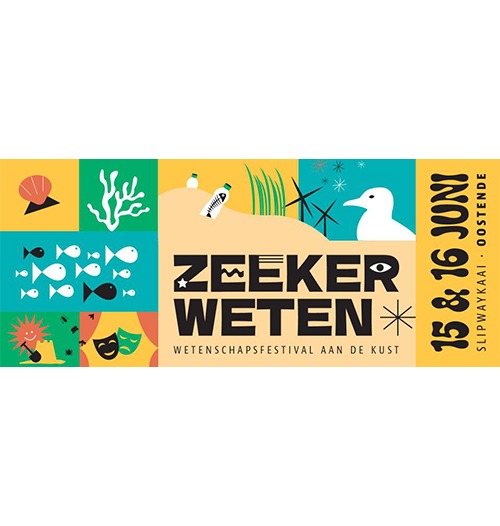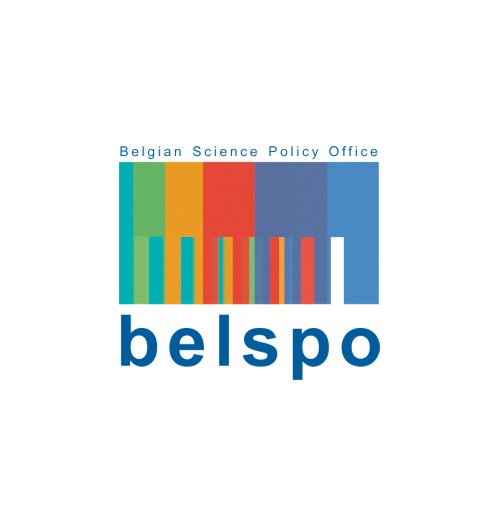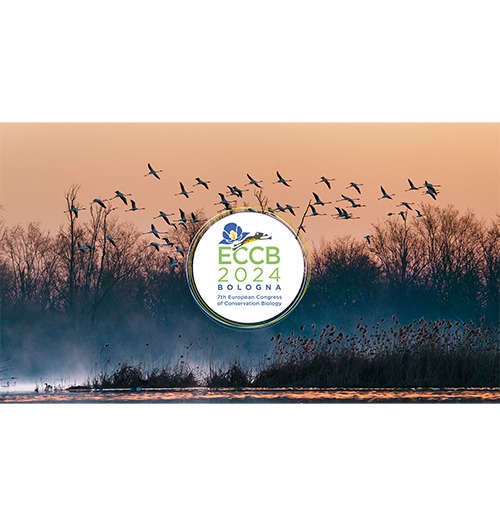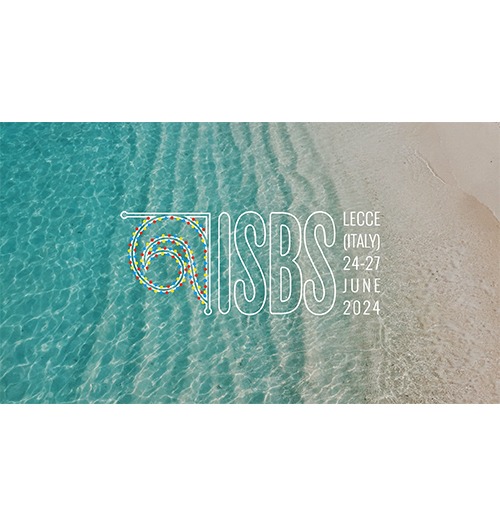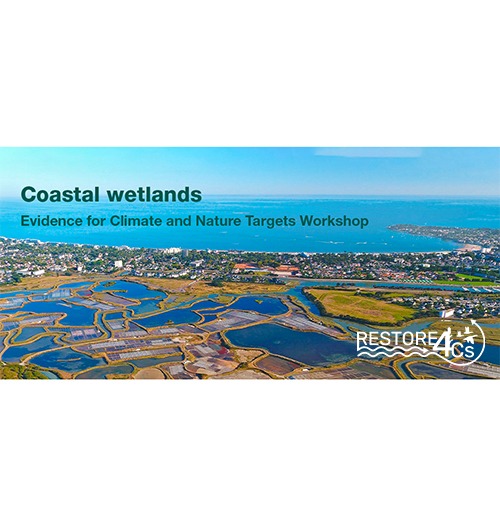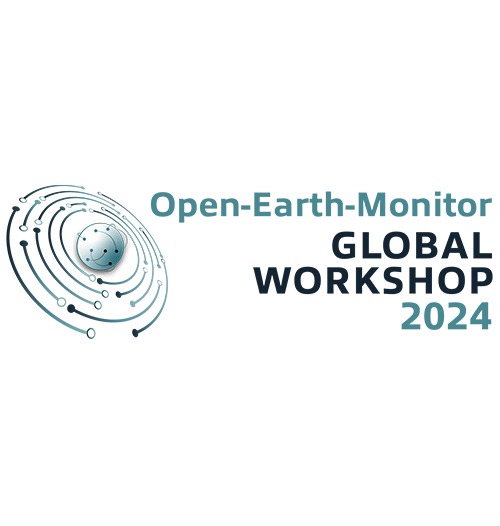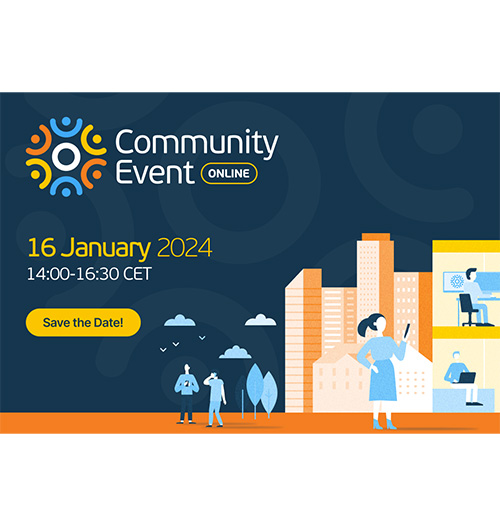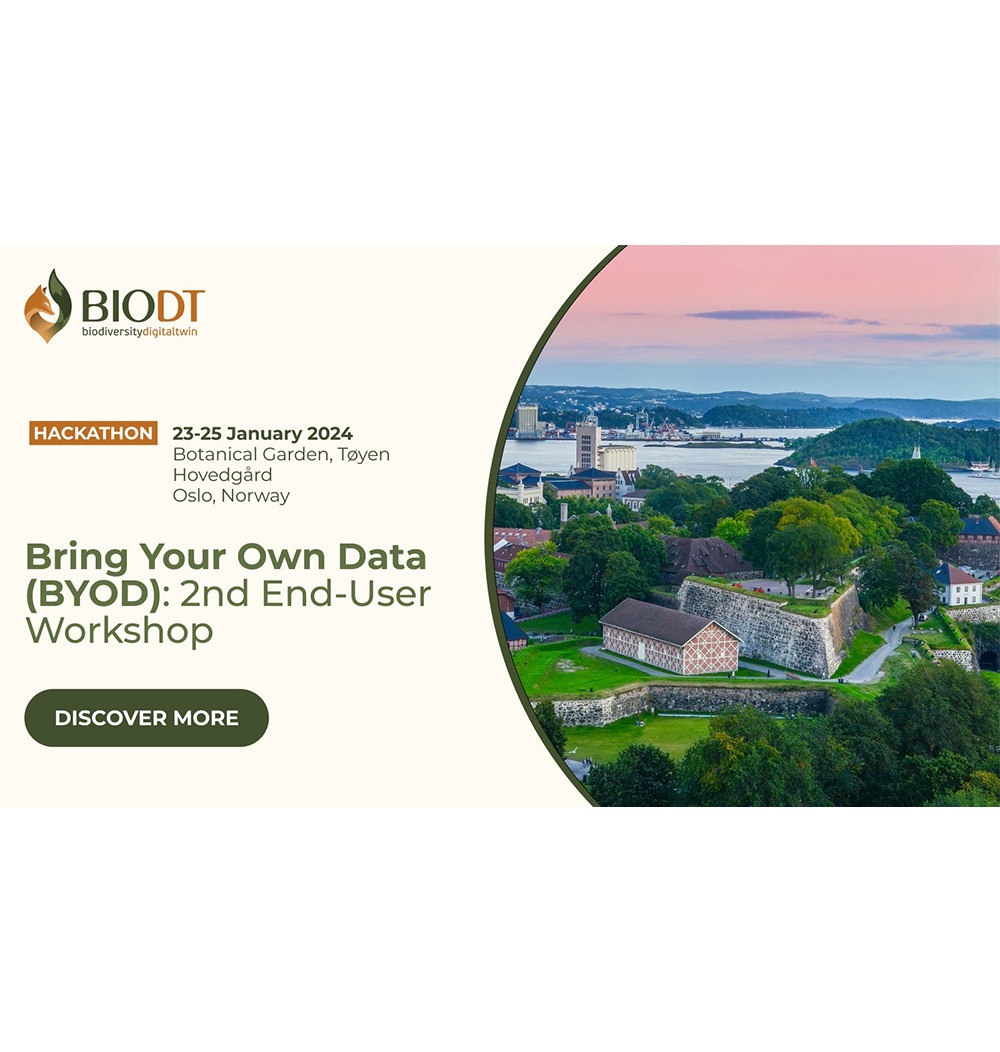Online
The Global Biodiversity Information Facility (GBIF) and the Ocean Biodiversity Information System (OBIS) will update the action plan annually through a joint implementation committee of staff from both networks’ nodes and the Secretariats. This committee will address technical and community components of the annual plans and make recommendations on the activities they outline.
During the meeting, partners will also explore the potential for organising combined conferences and meetings to foster closer collaboration and hosting symposia and training workshops.
OBIS and GBIF have a history of using common data-sharing tools and standards. They have recently collaborated to incorporate eDNA-based data and have published co-authored guidance on how to publish DNA-derived data on marine life.
To learn more and register for the workshop, please visit this page: https://lifewatch.be/en/news?p=show&id=9317.

